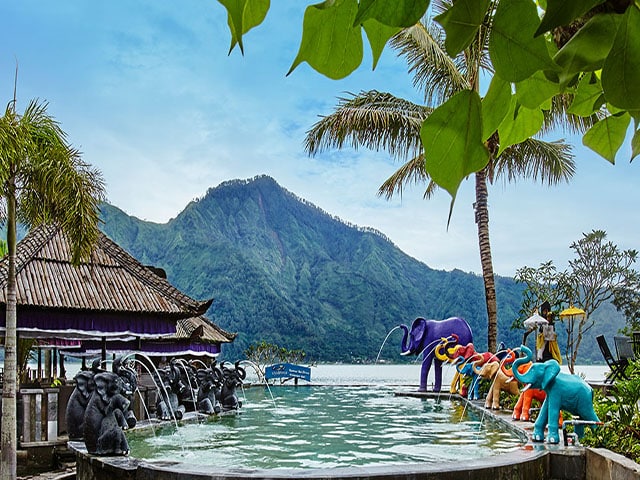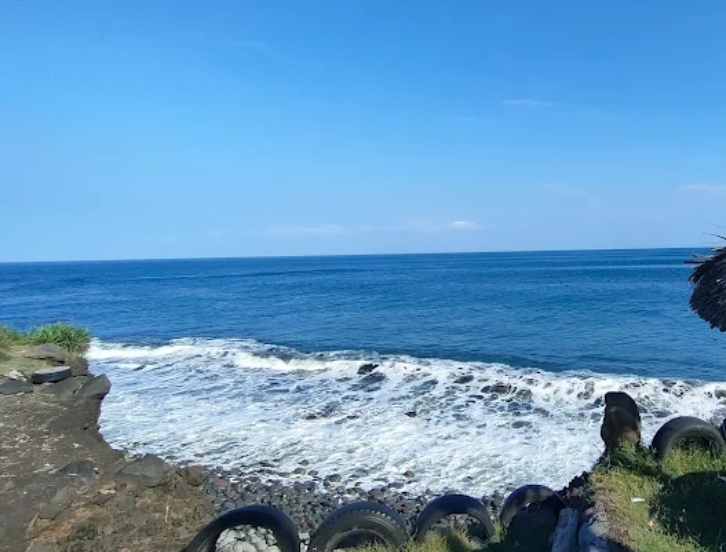Pasar Badung is not just the largest trading center in Bali but also a silent witness to the island’s long and rich history. Located in the heart of Denpasar, this market has undergone various transformations over time, blending seamlessly with the social, economic, and cultural dynamics of Balinese society.
Before it was known as Pasar Badung, this area was called Peken Payuk, referring to the potters from Binoh Ubung village who sold their earthenware products here. Over time, the market expanded into a larger trading center and was eventually named after the ruling kingdom of the region, the Badung Kingdom.
In the early 20th century, during the colonial era around 1907, the market was relocated near Tukad Badung, the river that flows beside it. Tukad Badung itself holds significant historical value, as it was the route used by the Dutch expeditionary forces on their way to Pamecutan during the Puputan Badung on September 20, 1906. This heroic event symbolizes the Balinese people’s resistance against colonial rule.
Entering the modern era, Pasar Badung continued to develop. In 1977, the market underwent renovations to strengthen its role as a key economic center. A major transformation occurred on April 24, 1984, when Bali’s governor at the time, Prof. Dr. Ida Bagus Mantra, inaugurated Pasar Badung as a multi-story market, adapting to the city’s growing needs.
Pasar Badung has faced several challenges, including devastating fires that destroyed almost the entire structure. A major fire broke out on February 29, 2016, leaving deep scars for traders and the community who relied on the market for their livelihood. However, the spirit to rebuild never faded. A year after the fire, Pasar Badung was renovated into a more modern people’s market, complete with better facilities.
Previously, in 2000, Pasar Badung had also undergone renovations under Bali’s governor at the time, Dewa Made Berata, after suffering damage. These reconstruction efforts highlight that Pasar Badung is not just an economic hub but also a social and cultural landmark deeply ingrained in the lives of the Balinese people.
Today, Pasar Badung remains the economic lifeline of Denpasar. As one of the largest markets in Bali, it serves as a major distribution center for essential goods, including fresh food, clothing, household supplies, and various Balinese handicrafts. The market is also known for operating 24 hours a day, always bustling with activity.
Beyond its role in trade, Pasar Badung reflects the social and cultural essence of Balinese life. The vibrant atmosphere of a traditional market, where warm interactions between sellers and buyers take place, makes it a unique attraction. It is not only a commercial hub for locals but also a fascinating destination for tourists seeking an authentic Balinese marketplace experience.
As a trading center that has existed since the kingdom era, Pasar Badung is more than just a marketplace—it is a crucial part of Bali’s history. From its early days as Peken Payuk, through the Puputan Badung battle, the colonial period, major renovations in the modern era, and its revival after the devastating fire, Pasar Badung has consistently demonstrated resilience as a symbol of Denpasar’s economy and culture.
Now, with its modernized appearance while still preserving its traditional charm, Pasar Badung is not only a shopping destination but also a cultural landmark. It is a must-visit place for anyone wanting to delve deeper into the vibrant heartbeat of Balinese society. (BT)





